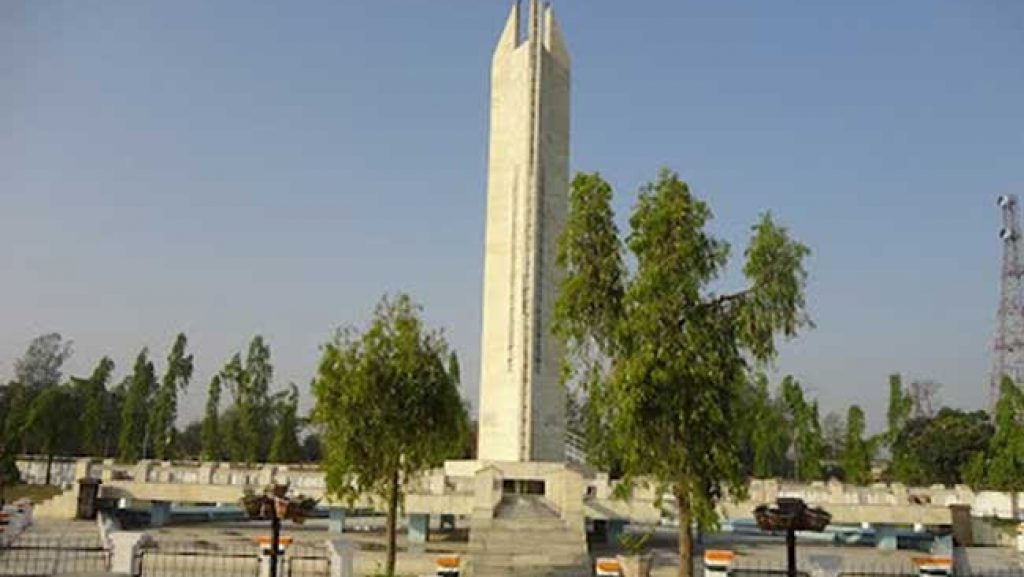Important Dates in Indian History
Important Dates in Indian History
Important Dates in Indian History
Important Days of India
| Important Days of India | |
|---|---|
| January 12 | National Youth Day |
| January 15 | Army Day |
| January 26 | Republic Day |
| January 30 | Martyrs' Day |
| February 24 | Central Excise Day |
| February 28 | National Science Day |
| April 5 | National Maritime Day |
| May 11 | National Technology Day |
| August 9 | Quit India Day |
| August 15 | Independence Day |
Chauri Chaura
 The Chauri Chaura incident occurred at Chauri Chaura in the Gorakhpur district of the United Province, (modern Uttar Pradesh) in British India on 4 February 1922, when a large group of protesters, participating in the Non-cooperation movement, clashed with police, who opened fire. In retaliation the demonstrators attacked and set fire to a police station, killing all of its occupants.
The Chauri Chaura incident occurred at Chauri Chaura in the Gorakhpur district of the United Province, (modern Uttar Pradesh) in British India on 4 February 1922, when a large group of protesters, participating in the Non-cooperation movement, clashed with police, who opened fire. In retaliation the demonstrators attacked and set fire to a police station, killing all of its occupants.
The incident led to the deaths of three civilians and 23 policemen. Mahatma Gandhi, who was strictly against violence, halted the Non-cooperation Movement on the national level on 12 February 1922, as a direct result of this incident.
Related Resources
Source: Portal Content team
Last Modified : 5/17/2022
Various abuse and threats that children face today...
This topic provides links to various important re...
Provides information about online resources for ma...
The topic covers about various policies related to...
